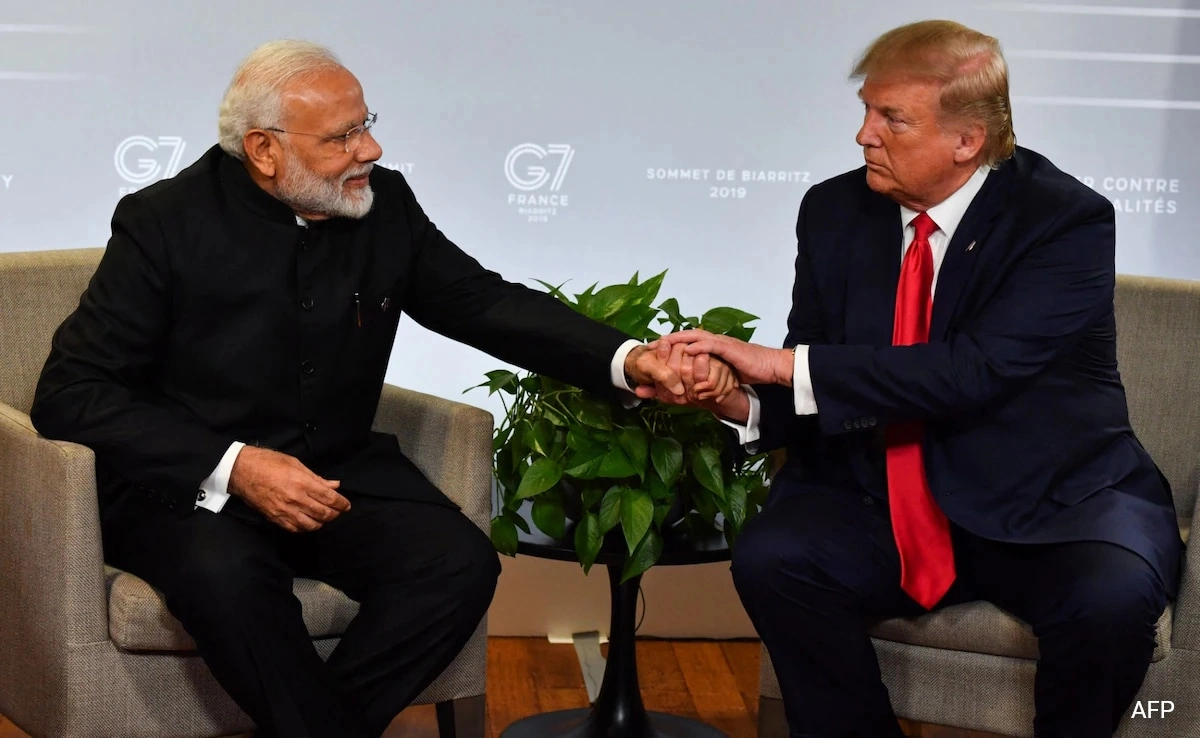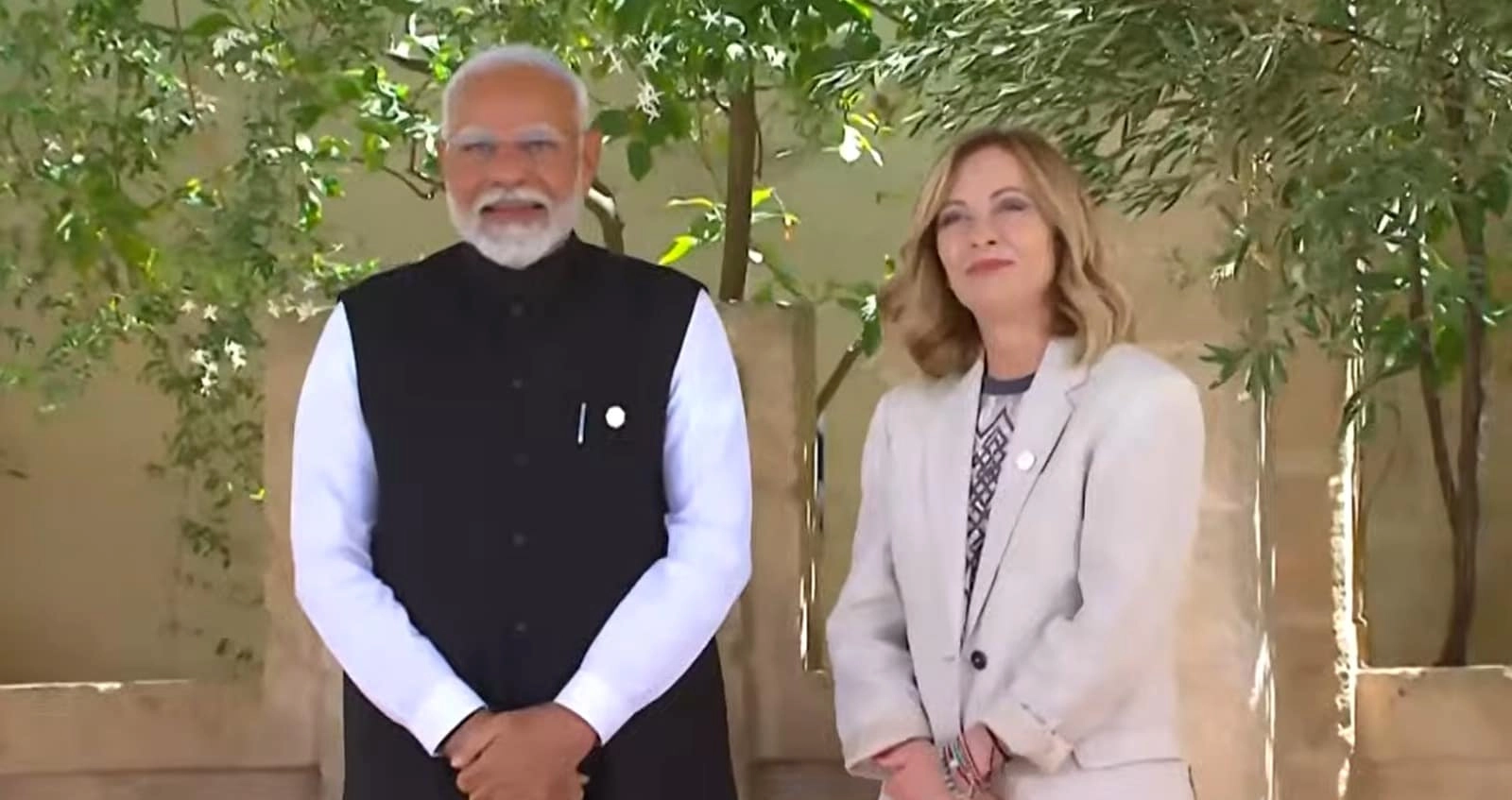India has reportedly decided to step back from trade negotiations with the United States, primarily due to ongoing disagreements over tariffs. This decision has been articulated by a former high-ranking official who emphasized that the trade discussions had reached a standstill. The tensions surrounding tariffs have been a significant point of contention, as India aims to protect its domestic industries while the U.S. seeks to create a more favorable trade balance. The complexities of international trade relations highlight how tariffs can be a double-edged sword, impacting not only economic policies but also diplomatic relationships.
The trade talks were intended to bolster economic ties between the two nations, which have been characterized by a growing partnership in recent years. However, the imposition of tariffs by both countries has created an environment of uncertainty. For India, the concern lies in maintaining its economic sovereignty and protecting local businesses from foreign competition, while for the U.S., the goal has been to reduce trade deficits and ensure fair competition for American companies. This divergence in priorities has ultimately led to a breakdown in negotiations, with both sides seemingly unwilling to compromise.
Furthermore, this development comes at a time when global trade dynamics are shifting. The rise of protectionism in various countries has prompted nations to reconsider their trade strategies, leading to a more fragmented international trading system. India’s withdrawal from the talks may reflect a broader trend among nations to prioritize domestic interests over global economic integration. As countries navigate these complexities, the implications of such decisions could reverberate through international markets, affecting not only bilateral relations but also the global economy at large.
In conclusion, India’s decision to “walk away” from trade talks with the U.S. underscores the challenges inherent in balancing national interests with the desire for international cooperation. As both nations reassess their positions, there is hope that future discussions can resume with a focus on finding common ground. However, the road ahead may be fraught with challenges as both sides grapple with the implications of tariffs and their impact on economic relations. The evolving landscape of global trade will require careful navigation to foster a mutually beneficial partnership.




